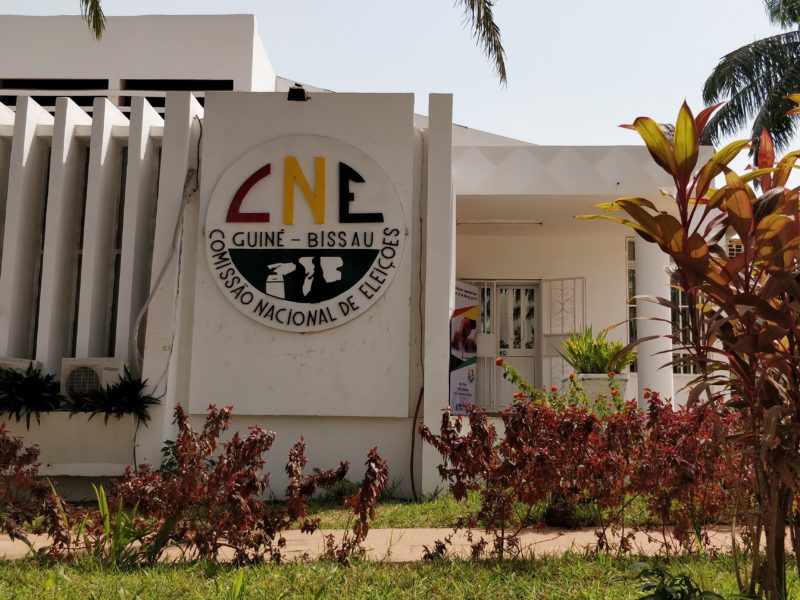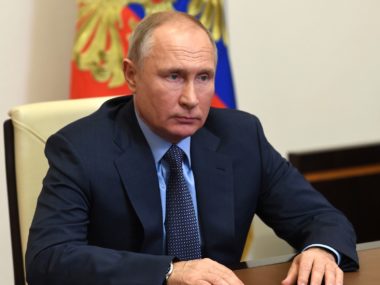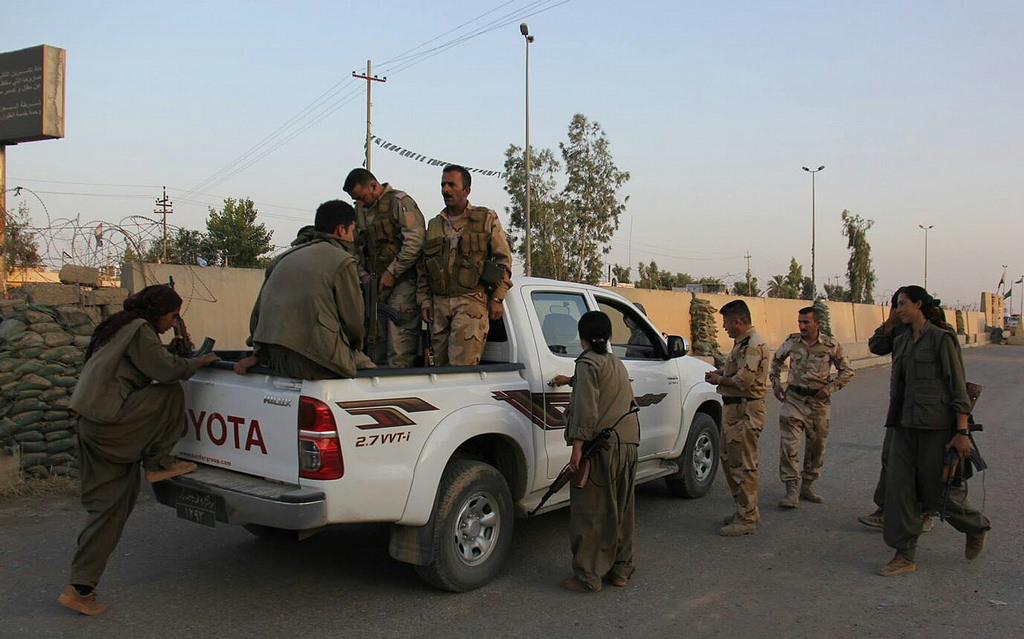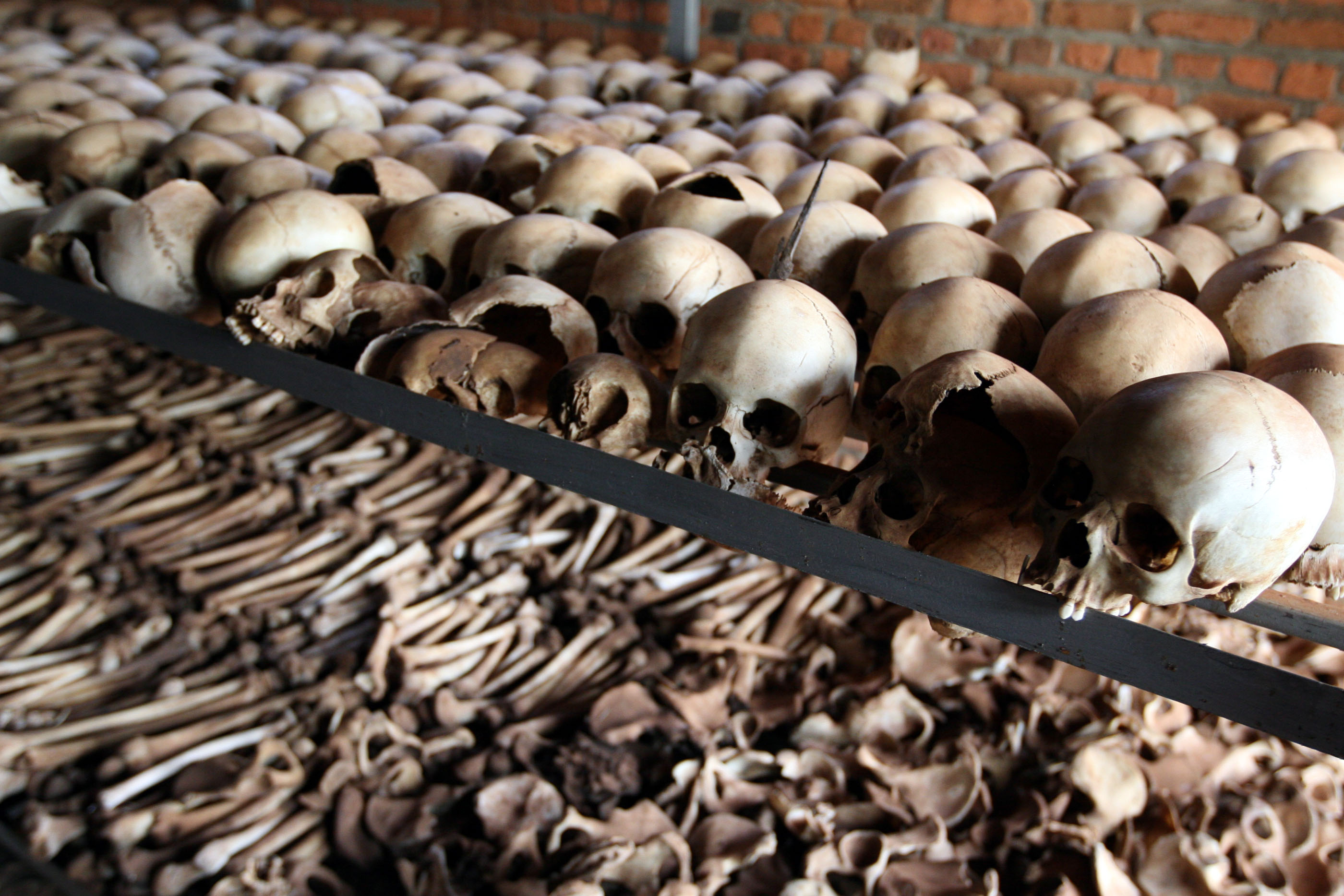By guest contributor Daniel Rio Tinto
Roughly a year ago, Jonathan Powell and Clayton Besaw wrote a guest post for Political Violence @ A Glance analyzing the risk of a coup d’état in Guinea-Bissau. Back then, they applauded the absence of military intervention during the March 2019 election.
Indeed, former President José Mario Vaz completed his term in office, becoming the first elected president to do so in his country’s history since independence. On 27 February 2020, Vaz, who is part of the dominant and traditional PAIGC—Partido Africano para a Independência da Guiné e Cabo Verde (African Party for the Independence of Guinea and Cape Verde)—left the presidential palace after six years in power, saying that the completion of his term was a game-changer in Bissauan politics.
The lack of military involvement is indeed a change from the historic status quo in Guinea-Bissau, where military officers have used force to change political arrangements in 2012, 2011, 2010, 2009, 1999, 1998, and 1980. But the completion of Vaz’s term in office is not a sign of increased political stability in Guinea-Bissau, nor of healthy civil-military relations in the country. Guinea-Bissau remains mired in corruption, rife with anocratic competition, and hampered by weak institutions and violence. Prospects for poverty reduction seem remote.
In November and December 2019, Guinea-Bissau saw two rounds of voting to determine the president. During the second round, then-favorite Domingos Simões Pereira from PAIGC, and runner-up Umaro Sissoco Embaló from MADEM G-15—a party formed in 2018 by PAIGC dissidents—disputed the vote. The National Electoral Commission gave the victory to Embaló, and Pereira’s campaign challenged results amid allegations of irregularities and corruption.
By late February, Sissoco Embaló organized a swearing-in ceremony at a hotel in Bissau, where, in the presence of outgoing President Vaz, he declared himself the legitimate president and introduced the cabinet, led by Prime Minister Nuno Gomes Nabiam (both are high-ranking military officers turned politicians). Nabiam was asked to form a government after Embaló fired the government led by PAICG’s Prime Minister Aristides Gomes. The dismissed Minister of Justice and Human Rights Ruth Monteiro was stopped as she tried to board a flight to Lisbon, and other members of the dismissed government are facing similar restrictions.
So far, the international community, including the Economic Community of West African States (ECOWAS), the Community of Portuguese-Speaking Countries (CPLP), the European Union and the United Nations, has come out in support of the Supreme Court and are supporting its call for verifiable and widely accepted definitive results (though it is not entirely clear what the Court means by this). But the confirmation of COVID-19 cases in Guinea-Bissau has shifted public attention and allowed the government to declare a state of emergency, claim special powers, and pause the Electoral Commission investigation.
Is what happened in Guinea-Bissau a coup?
Though the military did not directly intervene in the 2019 electoral process, non-kinetic forms of military intervention are often sufficient to steer outcomes. For example, in early March, Minister of Defense General Sandji Fati, by direction of Prime Minister Nabiam, ordered the international forces of ECOMIB (Economic Community of West African Countries Mission in Guinea-Bissau) to cease their activities, prior to the official end of their mandate. The external ECOMIB security details were there to reassure political candidates of their physical security, which guarantees the legitimacy of the electoral process. That same day, Aristides Gomes claimed on Facebook that his private residence was sieged by armed personnel not belonging to ECOMIB, and the Mission’s security details were replaced by Bissauan personnel, presumed loyal to the military and security forces.
Removing ECOMIB forces was an effective way to send a message to challengers of the de facto government. And though no force was used, the move eliminates barriers restricting the future use of force. Whatever credible commitment could bind the parts of the political settlement is gone. Despite not recognizing the self-proclaimed president, ECOWAS has not pressed their luck and has been acting in compliance with Nabiam’s determinations. In parallel, Embaló went on a tour of Niger, Senegal and Nigeria, possibly a sign that he is trying to court the right allies: the latter two are political powerhouses in the bloc.
Three recurrent and interconnected elements seem central to explain the dynamics of the struggle for power in post-independence Guinea-Bissau: personalized politics, access to the rents of power—particularly those related to drug trafficking—and political/personal survival.
In Guinea-Bissau, similar to Lusophone countries Angola and Mozambique, political forces and institutions lack institutional legitimacy. Since the death of Amilcar Cabral, the spiritual leader of the country, national politics have been mostly driven by competition between individuals and their entourages whose power depends on their control over and access to rents.
Officially, the country relies mostly on agriculture and fishing, and something like 90 percent of GDP comes from cashew, peanut, brazil nuts and coconut production. But the real wealth comes from controlling networks used to smuggle drugs from South America into Europe. Anyone in control of the government and the security sector is in a prime position to gain from these activities. Government officials are able to profit not only from charging hefty bribes and selling conveniences to drug traffickers, but also by taking a share of drug-related external aid.
Given that the competition for wealth in this context is often violent, personal security dilemmas are a central concern. Politicians will amass power and use their allegiances within the military and security service to enable their business, protect themselves, and curb opponents. If you lose protection, you become a target.
Powell and Besaw predicted that the coup risk for 2019 would peak around the election season and could substantially decrease if the current electoral process concluded without incident. Cautious optimism seems warranted, then. Still—apparent political stability has been overcome by the struggle for personal power amid reports of widespread and electoral corruption. Despite the ECOMIB exit, the United Nations Security Council has decided to extend the mandate of the UN Integrated Peacebuilding Mission in Guinea-Bissau (UNIOGBIS) for the last time, until 31 December 2020, noting the importance of addressing this situation. So far, we can still look at it positively, as no significant bloodshed has taken place. If the contending political forces can manage this situation without resorting to violence, the 2020 debacle could still end up as a possible victory to the people of Guinea-Bissau.
Dr. Daniel Rio Tinto is an Associate Researcher at Centro de Estudos Internacionais (CEI-ISCTE); and a Data Analyst at Accenture. His research primarily focuses on the impact of (in)security in triggering political violence and how state capacity affects violent outcomes during political transitions. Follow him on Twitter: @driotinto.







